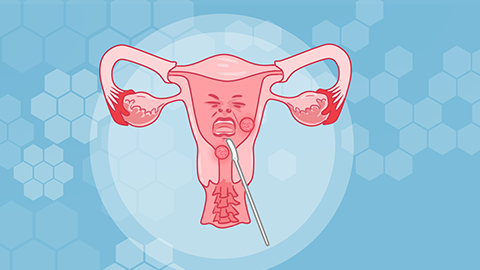Is uterine fibroid serious?
Generally, the severity of uterine fibroids is determined based on their size, symptoms, and growth pattern. Small fibroids without symptoms are usually not serious and do not require specific treatment, while fibroids with obvious symptoms or rapid growth are considered more severe and require timely intervention. Detailed analysis is as follows:

If fibroids are small and do not cause symptoms such as menstrual irregularities, abdominal pain, or frequent urination, they are typically benign and grow slowly, causing minimal impact on the body. These fibroids are commonly found in women of reproductive age, and regular follow-up examinations are sufficient—no excessive concern is necessary, as normal physiological functions can generally be maintained.
If fibroids are large or cause symptoms such as heavy menstrual bleeding, prolonged periods leading to anemia, or pressure on the bladder or rectum causing difficulty urinating or constipation, or if they grow rapidly over a short period, they may affect fertility or even carry a risk of malignancy. Such cases are relatively serious and may require medication or surgical treatment according to a physician's recommendation.
In daily life, it is important to maintain regular作息 (作息 should be translated as "作息" here, but since it doesn't have a direct English equivalent, it can be rendered as "lifestyle" or "routine"), avoid excessive fatigue, reduce intake of foods rich in estrogen, and lower the risk of fibroid growth. Regular gynecological checkups to monitor changes in fibroid size and prompt intervention if symptoms worsen can effectively maintain reproductive health and minimize the adverse effects of fibroids on the body.




